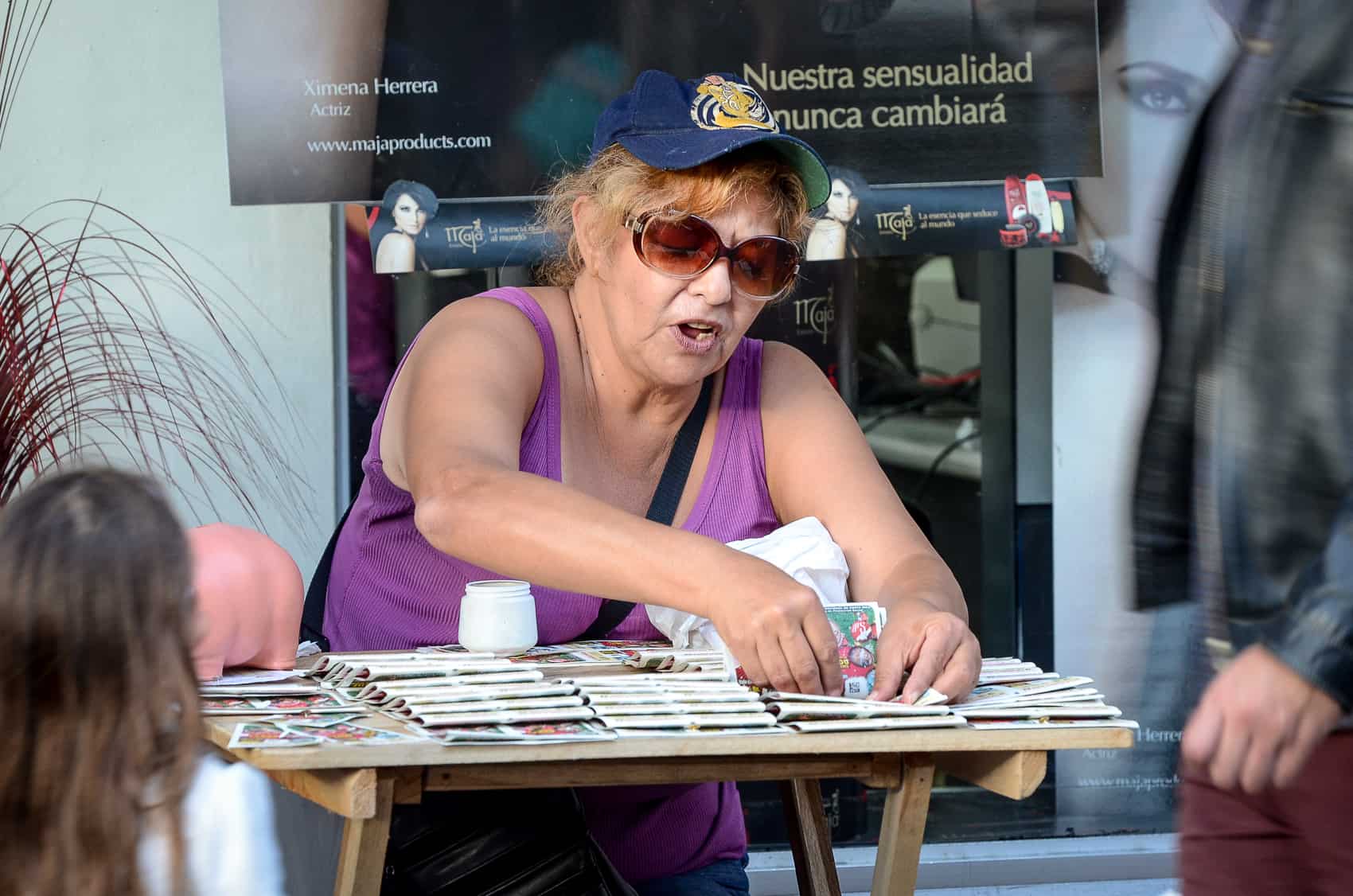Thousands of hopeful and eager Costa Ricans awaited the results of yesterday’s lottery draw, in which one of the two massive jackpots is guaranteed to be won. The excitement surrounding the draw has led to an unprecedented rush for lottery tickets, with virtually none left.
The Social Protection Board (JPS), the official body responsible for lottery operations, reported that their website showed no available tickets, highlighting the overwhelming demand. Since the beginning of the week, long lines have formed at various lottery stands throughout San José, as people vie for a chance to claim one of the grand prizes.
The surge in ticket demand has also sparked a wave of speculation and overpricing. Reports have surfaced of lottery tickets being sold for as much as ¢4,000 to ¢5,000 (approximately $7 to $9), significantly higher than the official price of ¢1,000 per ticket (about $1.80).
“I’ve been standing in line for hours because it’s the only way to buy at the official price. On the street, they are charging up to ¢5,000 (around $9) for a single fraction,” lamented one frustrated buyer.
This sentiment is echoed by hundreds of other lottery buyers who have formed long queues, some stretching nearly 100 meters, near the Central Bank and other downtown San José locations.
Regarding the overpricing issue, the JPS has received numerous reports of speculation across Costa Rica. They acknowledged the difficulty in controlling this problem and urged people not to pay inflated prices but to buy tickets at official points.
Vendors who charge a higher price than that or condition sales can be reported and face a permit suspension for up to 4 years. Karina Carmona, a JPS saleswoman, mentioned that sales have been brisk, with people requesting numbers based on dates, dreams, and even premonitions.
In this draw, the prize will be divided into 15 fractions instead of the usual 12. The first prize totals ¢1,800 million (approximately $3.2 million), paying out ¢120 million per fraction (about $214,000). The second prize, ¢1,075 million (approximately $1.9 million), pays ¢71 million per fraction (about $126,000).






